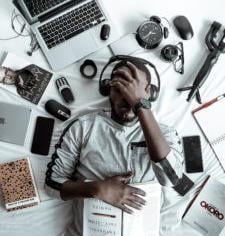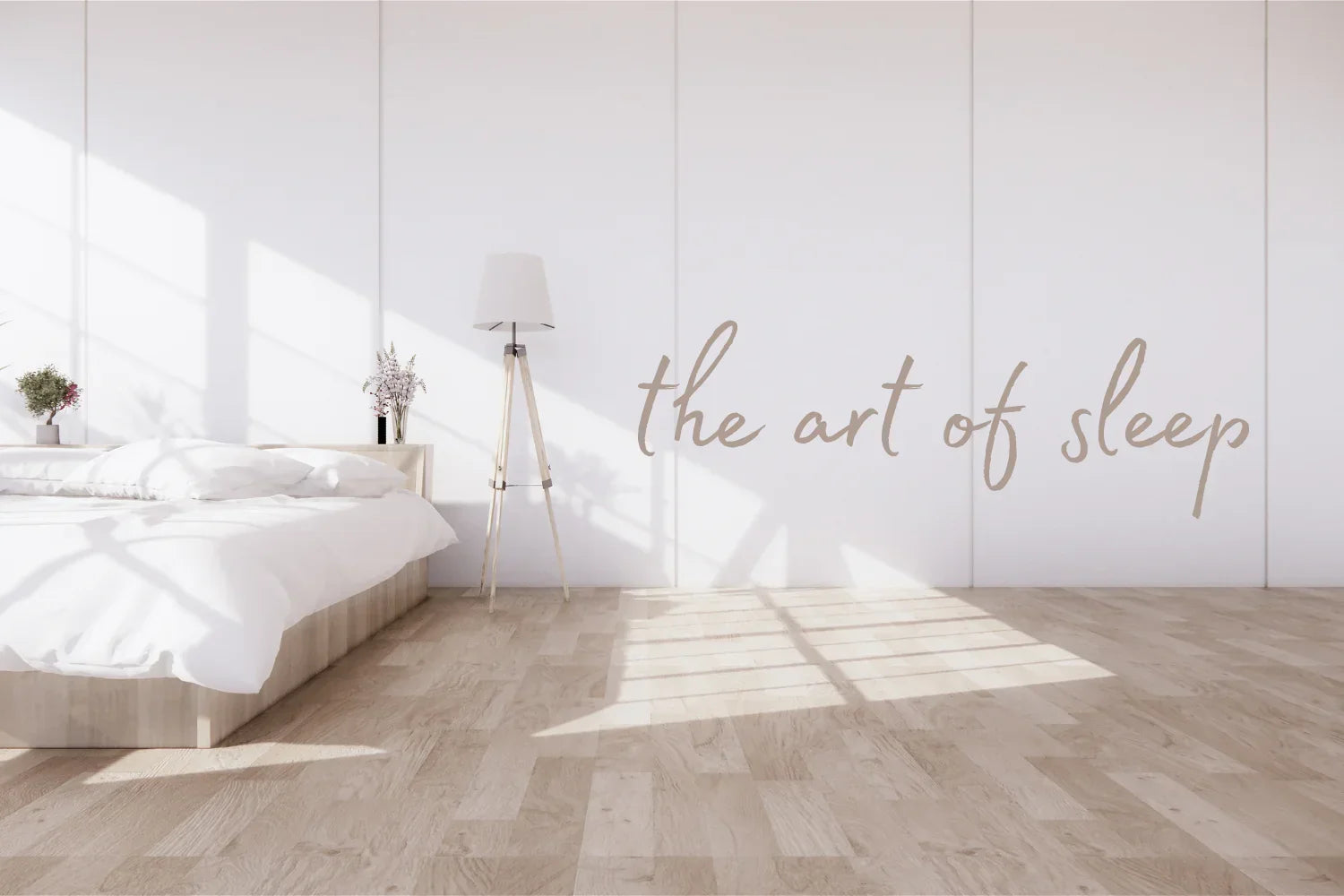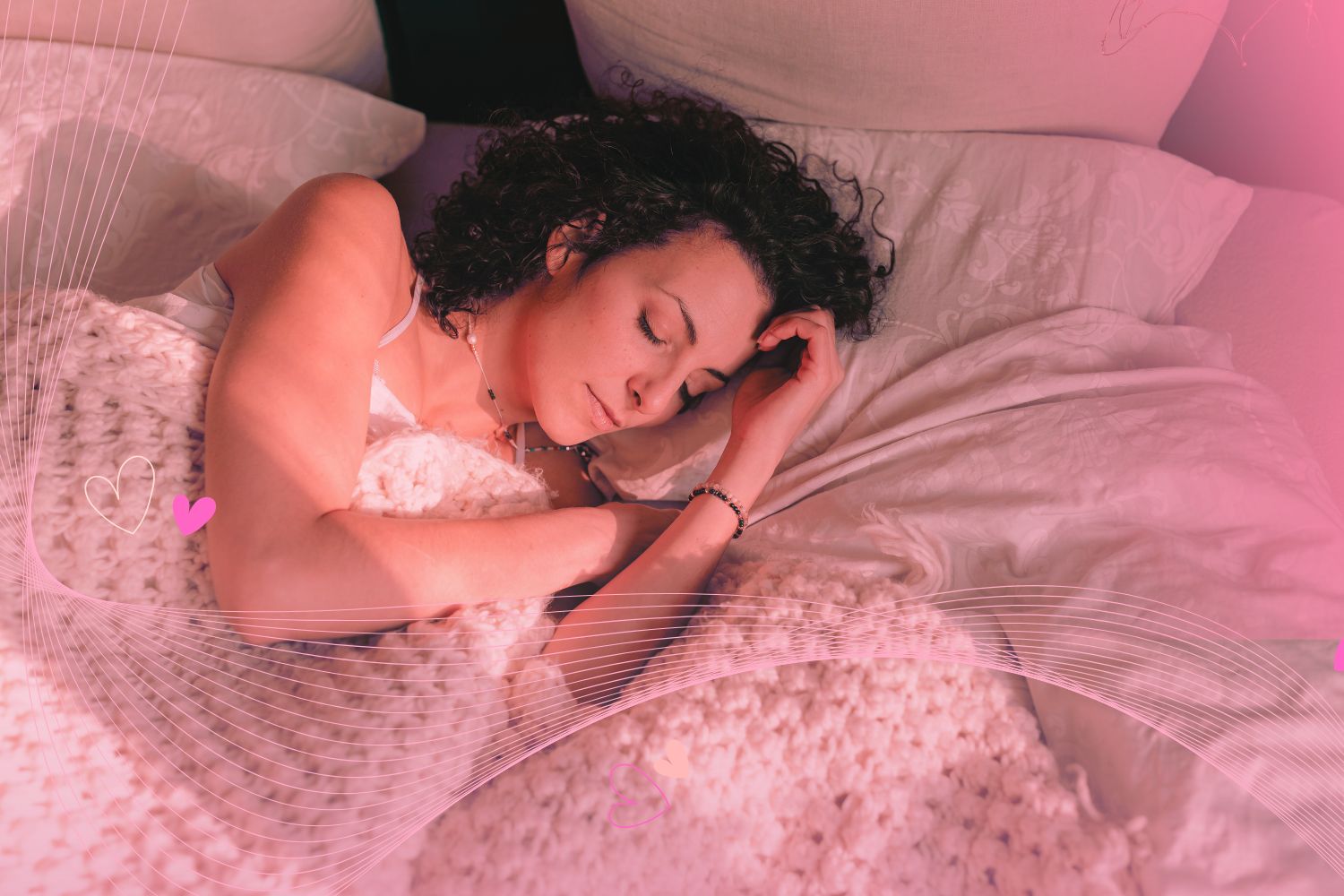
Bedtime distractions make it harder to sleep
Could too much information before bedtime be interfering with your sleep? Studies continue to show that blue light emitted from our phones, tablets, e-readers, televisions, etc., inhibits sleep by preventing the production of melatonin. But it's not just the devices themselves - any nighttime distraction can make it harder to fall asleep and stay asleep.
Say you see a negative comment from one of your “friends,” an urgent text from your boss, a sky-is-falling news bulletin. Or it could be an infomercial for an exciting product you can’t live without. Your brain is likely to become over-stimulated — leaving you with little or no sleep.
Why getting quality sleep is critical...
Insufficient sleep leaves us drowsy; unable to concentrate, and more often than not, irritable and ineffective. It lowers our immune systems, making us more prone to infections, and increases risk factors for a number of chronic medical issues from obesity and diabetes to high blood pressure, heart disease, chronic fatigue, and depression.
Heading into the winter cold and flu season, supporting our bodies and minds through healthy choices becomes even more important and getting quality sleep is critical to this process. Detaching from electronic devices and other distractions like information-overload is a good first step toward boosting your immune system.
These nighttime practices can also help you sleep better…
Put your Devices to bed
Some parents practice a nighttime ritual with their kids: devices have their own sleeping space and are literally put to bed—away from the bedroom. Not a bad idea for adults either. This should be done at least an hour before bedtime. It protects you not only from harmful light and frequency emissions, but also lets you rest your mind from the constant flow of distracting information. Whatever the news, it can almost always wait until morning.
Lights OUT at bedtime
Eliminating all light–not just the blue light from your devices or a television—will help you sleep better. Don’t leave your bedside or overhead lighting on if you want to fall asleep and stay asleep. We humans are programmed to recognize darkness as a signal that it is time to go to sleep.
Turn the Sound OFF
Excess nighttime noise is a common sleep disrupter. TV noise with its dramatic audio variations is much more disruptive than say a background noise such as a fan which can actually be soothing and help you sleep. Noise masking technology is particularly helpful in covering these distracting noises. It replaces the disturbing sound (your partner’s snoring, the neighbor’s dog barking, the early morning gardeners) with another more pleasant sound such as pink noise, to help you get the sleep you need.
Free your mind–Fall asleep...
So, are you on your devices because you can’t sleep, or can you not sleep because you’re on your devices? Either scenario ends in poor sleep. What else is preventing you from falling asleep?
Chronic insomnia (the inability to fall asleep or stay asleep occurring 3 or more times per week,) normally affects up to 14% of adults but due to elevated stress levels during the current socio-economic conditions, sleep experts say numbers are on the rise.
Stress makes the body more susceptible to sleep disorders by accelerating the heart rate; making it almost impossible to fall asleep. Here are some tips to help alleviate stress so you can wind down and transition more easily into sleep:
- Be consistent – your daytime routines may be upended but you can still take control of your bedtime rituals – and thus improve your sleep. This works best if you keep to the same schedule and practices on weekends.
- Create a sleep sanctuary – make your sleeping space inviting – and for sleep only. Turn your work off when you go to bed.
- Open your window – research has shown we sleep better and with fewer awakenings when carbon dioxide levels are decreased.
- Get more exercise during the day – keep it moderate and not in the last few hours before bedtime.
- Choose a book – or soothing music over electronics to help ease you into sleep.
- Pop in a pair of our noise masking earbuds with soothing pink noise. Pink noise actually relaxes the brain, so it helps you fall asleep easier –and sleep deeper and longer.
Anything you can do to manage your stress will go a long way in improving your sleep. Of course, if you suspect you have a sleep disorder or underlying medical condition that’s preventing you from getting quality rest, don’t hesitate to seek out professional assistance to get the help you need.
Just remember, if it's bedtime, it's time to cut the cord!
Detach not only from all electronic devices, but anything else that's going to over-stimulate your brain and prevent you from getting the good night's rest you need.

































